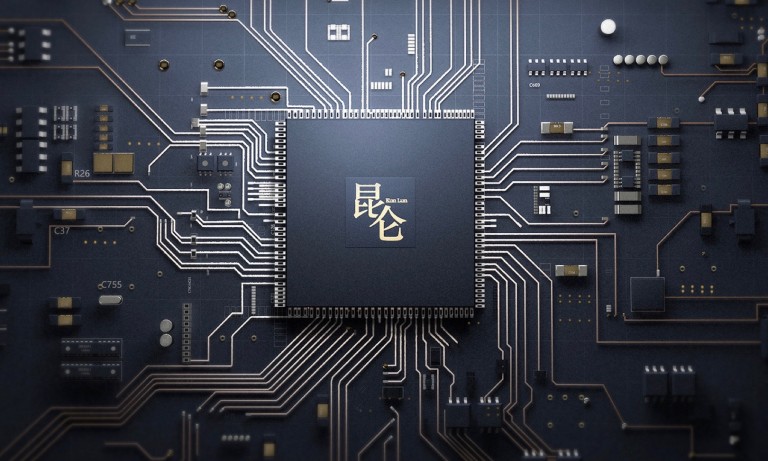Baidu unveiled an artificial-intelligence chip called Kunlun during its annual Baidu Create event on Tuesday. The company joins a raft of other Chinese firms in designing hardware tailored for machine learning.
Seven years: Kunlun is optimized for various AI tasks, including voice recognition, natural-language processing, image recognition, and autonomous driving. Baidu first started making customized AI processors using FPGAs (a kind of chip that can be reconfigured on the fly) in 2011. The new design is 30 times faster than the original FPGA-based processor, but the company says it’s not ready to begin mass-producing it yet.
AI everywhere: Baidu’s AI capabilities are developing fast. The company’s driverless minibuses will soon be deployed on power plant campuses in China. EasyDL, a deep-learning tool the company developed for people with very little technical training, is enabling doctors to DIY diagnostic aids such as more efficient parasite screening.
Why it matters: Customized hardware will help Baidu scale up its AI capabilities at lower cost. China’s weak semiconductor industry has also become the focus of national soul-searching following the ZTE debacle. This is, perhaps, the latest sign that the escalating trade tensions with the US are galvanizing China’s interest in fundamental technology.

